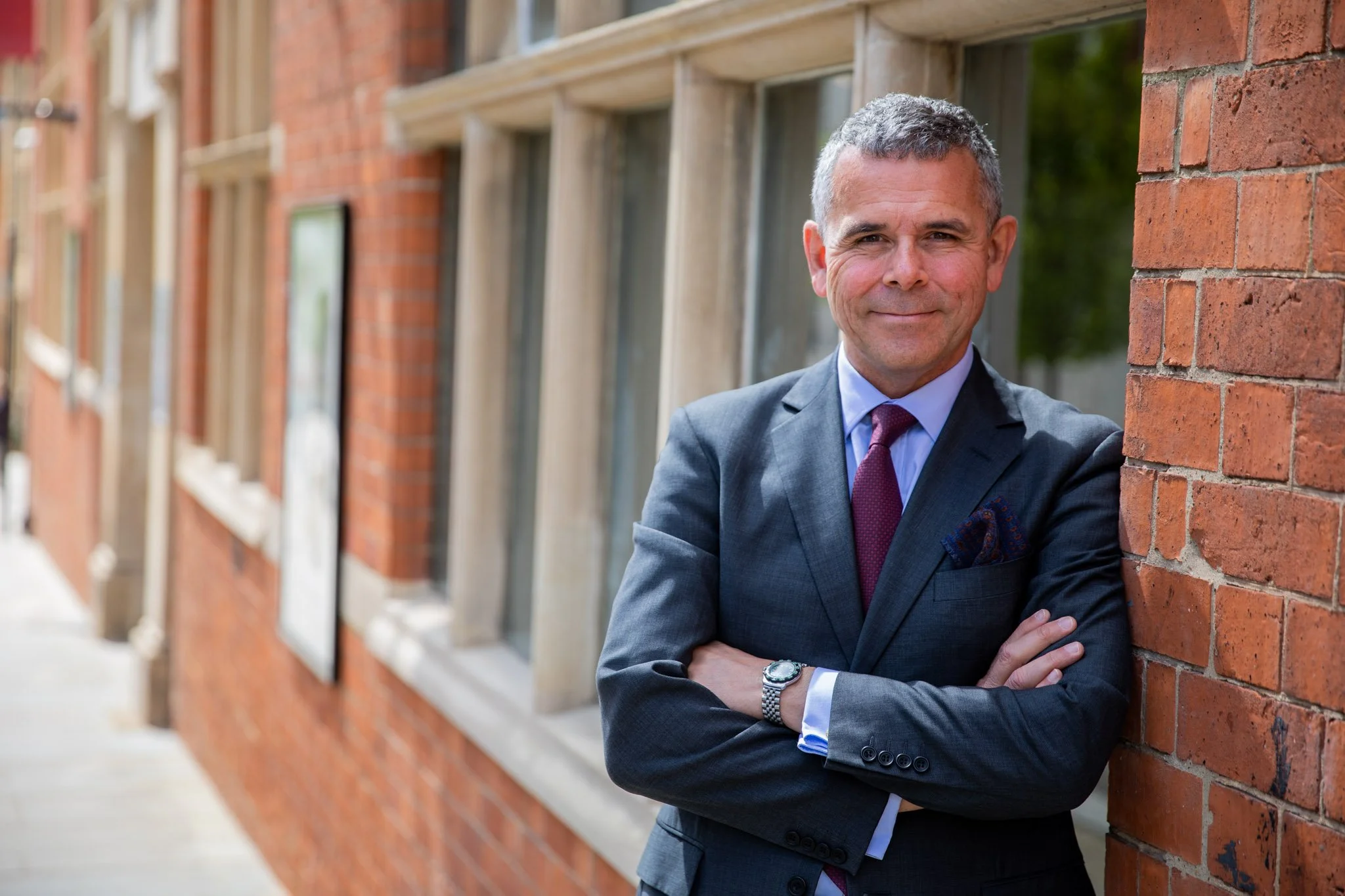AI: The sense in wise heads
Guest contributor Dominic Hopkins makes the case for collaborating across sectors to address societal concerns surrounding artificial intelligence technology.
While there can be some confidence that, at least structurally, the law and associated legal frameworks are capable of addressing emergent risks associated with the development of AI, the challenge is that the speed of technological development is simply outpacing the ability of legislatures and regulators to respond.
All the while, the concerns of society about the new data age need to be addressed to ensure confidence is not lost in the roll out of technologies that have the ability to, and are, transforming and even saving lives, for instance in the field of medical diagnosis.
Those societal concerns combine justifiable anxieties of an ethical character and apprehensions of a philosophical nature; those characterising a political standpoint on state intervention in personal liberties for instance (think on the uses of ‘facial recognition’ technology for example).
Product impact accountability
Against that backdrop, absent a UK regulatory framework for AI technologies (a topic on which I have previously written), the case for technology businesses to be encouraged to take responsibility for product impact accountability needs to be advocated. But how can that be supported?
The use of arms-length ethics committees is well recognised in regulatory arenas.
However, a challenge for AI and new technologies is that many businesses working in the field are either:
not of a scale to have sophisticated corporate governance structures that accommodate advisory groups, or
they are so necessarily immersed in product development for their financial modelling that their entire focus is on advancing the competencies of their technology to the exclusion of accounting for societal sensibilities in respect of those very functionalities
So where is support to be found for businesses without useful advisory resources? What can be done to equip technology companies to think more broadly about how technology design can take account of societal concerns?
There may be an answer to be found in more extensive outreach by our world leading higher education institutions and business schools; those that have dedicated research teams and faculties in the fields of ethics and information law.
The case should not be difficult to make, as such institutions are already and increasingly outward-looking and there is mutuality of benefit to be had; for the University to be able to tap into a well of real time real world experience, and for the technology business to harness the deep thinking that is being done in our research institutions. Cross-sector collaboration that can drive systemic societal change.
Wise heads panel
Perhaps this then offers an encouragement to a technology business network that has not already done so, to consider establishing a ‘wise heads’ panel drawn from an appropriately specialist University department or Business School to help its members (including in local ‘incubators’) to think broadly in their technology design; or to the University department or Business School not already actively engaged with its regional technology presence, to test the waters with and offer its resources to its region’s business networks and ‘incubators’?
The June 2021 Taskforce Report of the Chartered Institute of Business Schools “Business Schools and the Public Good” should be a stimulation to such thinking and endorses the approach of those Universities such as the University of Northampton that are increasingly turning to corporate and community outreach as a catalyst for the development of cross-sector partnerships for public benefit.
There will always be a concern about knowledge-sharing in collaboration in technology arenas, but there can be profit in risk taking and experienced commercial lawyers are well able to produce suitable NDA schemes to assist in managing the risks.
This may not be entirely novel thinking, but, I venture, there is some sense to advocating the case for such collaborations.
Dominic Hopkins is a solicitor in HCR Hewitsons’ technology practice specialising in the resolution of complex disputes.
He is joint Head of their Northampton Office, Under Sheriff of Northamptonshire and Deputy Lieutenant for the county.


